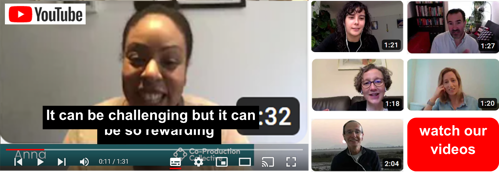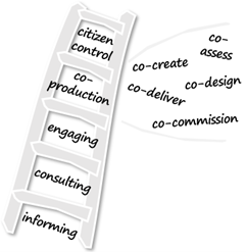We’re creating a coproduction group to review and develop the content of the directory. Coproduction can help make sure the advice content of the directory answers the questions please have, as well as the information services want people to know about. Coproduction can also help make sure the directory functions well – for example search results, categorisation, presentation and the user experience.
We’ve sketched out some group commitments and initial suggestions for ways of working for the group – but the detail on much of how we’ll work together will be finalised as we begin to meet.
As well as the group we’ll also work with local organisations and groups to make sure the website works for all our communities.
Our website has a specialist area giving information and advice for parents and carers of children and young people with a special educational need or disability (often called SEND). This section is called our Local Offer. For many years the Council has worked in partnership with the Sheffield Parent Carer Forum to develop our Local Offer to address gaps and improve the quality of advice and information. This partnership will continue to improve and develop our Local Offer working with children and young people with SEND and their parents/ carers, services across education, health, and care, and third sector organisations.








